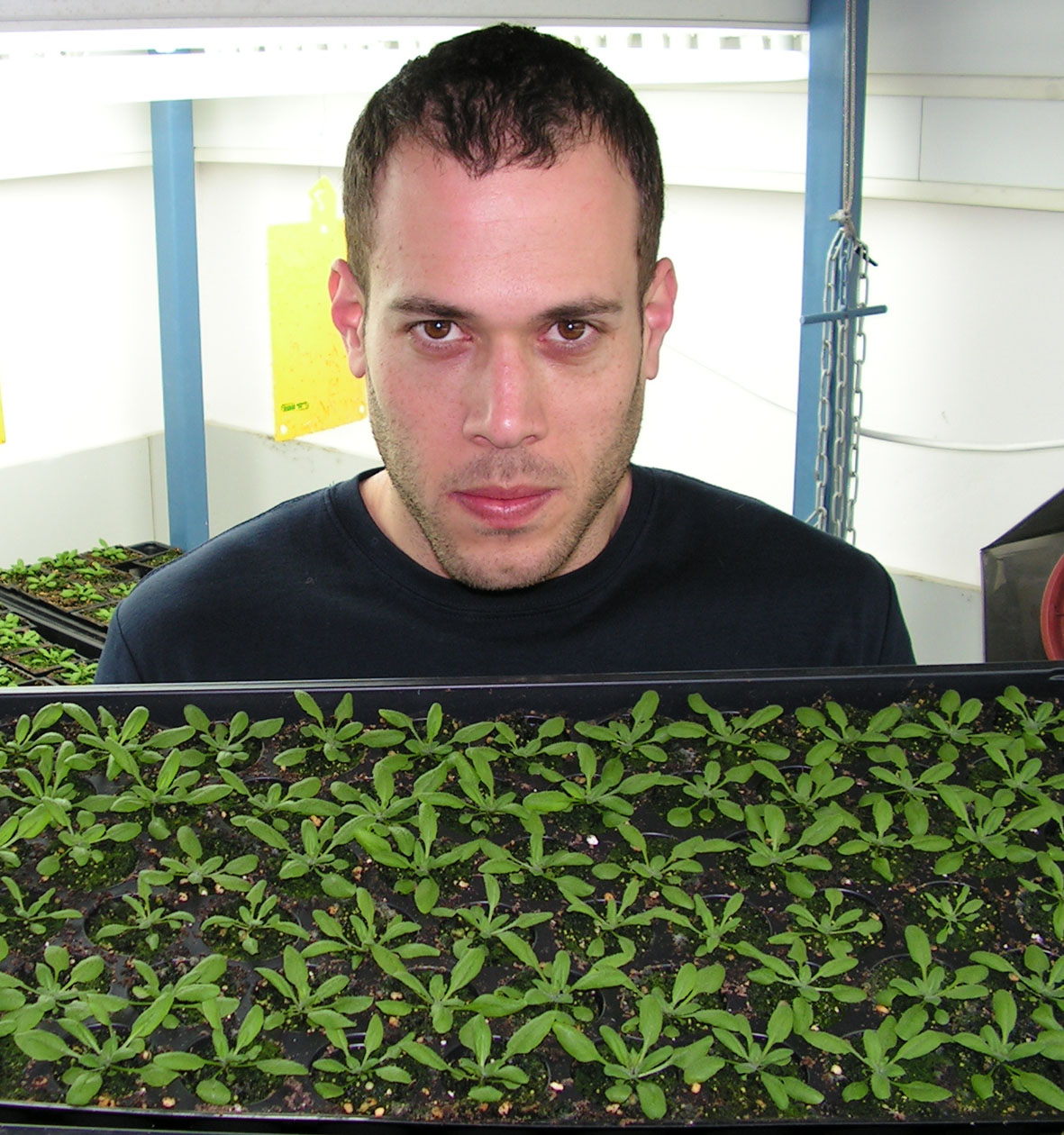Prof. Dodi Bar-Zvi and research student Doron-Shkolnik Inbar from the Department of Life Sciences at Ben-Gurion University recently published a groundbreaking article titled:
"ABI4 mediates abscisic acid and cytokinin inhibition of lateral root formation by reducing polarauxin transport in Arabidopsis"
The article was published in the journal The Plant Cell, which is the world's most prestigious journal for plant research.

The root system, which is the hidden part of the plant, is extremely important for anchoring the plant in the ground as well as absorbing water and minerals necessary for its existence and development. Therefore, the development of roots in general, and their branching by the development of lateral roots are controlled developmental processes, necessary for the proper development of the plant and thereby allowing the plant to adapt to living in different environmental conditions, including lack of water.
In this study, the researchers demonstrated that the ABI4 gene, which targets a transcription factor and is therefore actually a kind of central controller of genetic activity, functioning at an important junction where signals from three plant hormones drain, and which, weighted through the activity of the ABI4 gene, affects the degree of development of lateral roots. This information can help to voluntarily control the degree of branching of the root system and thereby, the degree of adaptation of plants to different growing conditions.
Prof. Bar-Zvi's research group investigates molecular mechanisms by which plants are able to cope with growing in hostile environments typical of our region such as salinity and lack of water. Research approaches include isolating new genes and creating transgenic plants in which these genes are overexpressed or silenced.

2 תגובות
Well done! Mazel Tov
Yavardi. I barely managed to read the foreign part of the title.